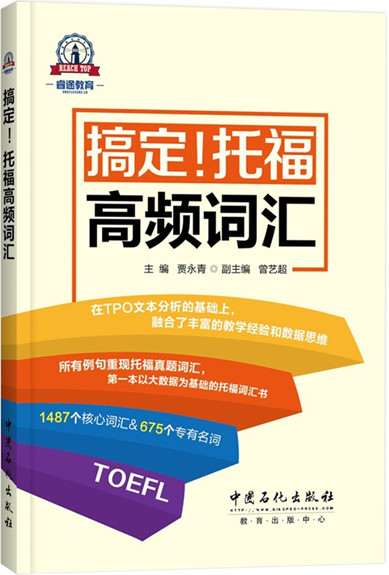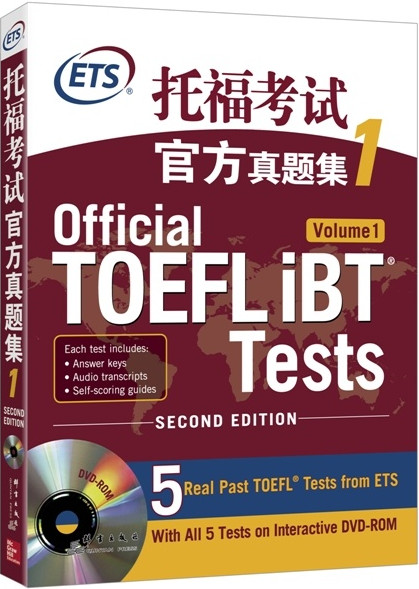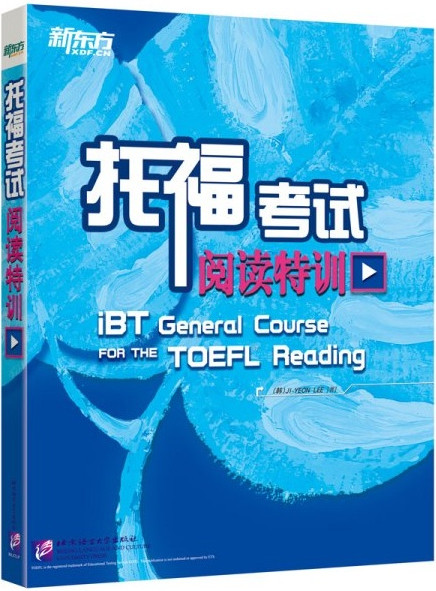TOEFL阅读试题解析
首先,这篇文章是属于介绍型的文章,也就是在整个阅读过程中并没有要求过高的分析性阅读。虽然文章的话题领域相对学术,但是作为托福考试的考察目标——检测学术背景下的阅读理解能力,并不会要求考生对文章所涉及话题的专业知识有所涉猎。而从这篇讲解人类文明史的文章来看,即使不能够理解文章内出现的“学术概念”也能通过阅读的技巧和手段来解题。现在就从这篇被ETS青睐有加的阅读加试文章来看,我们会发现试题的以下几个特点,现举例如下:
1词汇题熟词熟义
本篇阅读的词汇题为#1/#4/#7/#11四题,试题的形式是给出高亮词汇,进行词义理解。这样的题型属于常考题,在网考的界面中具体词汇出现的段落会在题目上方再次出现,很多学生担心的是否要全文理解或是全文跳读扫读才能解该类题,从实际的网考页面可以得知利用这段文字的上下文来解题是可行、有效的。当然从题目本身的角度出发,此类题目可能是属于(1)熟词熟义,(2)熟词生义,(3)生词猜义等这样几个常见类型。
例如#1就属于“熟词熟义”的类型,原题为:The word astonishing in the passage is closest in meaning to_______
(A) important
(B) unknown
(C) amazing
(D) interesting
从备选项就可以直接判出答案,当然作为整场考试的“热身”题目,本题属于比较容易的。
然后看#4题。原题为:The word obscure in the passage is closest in meaning to____
(A) unclear
(B) unique
(C) controversial
(D) important
如果我们的考生原本就在备考过程中多次接触过obscure这个单词的话,那么本题仍然属于熟词,因为这个词汇是属于托福词汇范围内的,但是为了防止出现是熟词生义的可能,我们现在还原试题原文如下:
The origin of the Sumerians remains obscure. Their language is unrelated to any other known tongue. Sometimes before 4,000 B.C. they came to southern Mesopotamia, from Persia, and there, within the next thousand years, they founded a number of city-states and developed their distinctive form of writing in cuneiform (wedge-shaped) characters on clay tablets. ¢Unfortunately, the tangible remains of Sumerian civilization are extremely scanty compared to those of ancient Egypt. ¢Building stone being unavailable in Mesopotamia, the Sumerians used mud brick and wood, so that almost nothing is left of their architecture except the foundation. ¢Nor did they share the Egyptians’ concern with the hereafter, although some richly endowed tombs in the shape of vaulted chambers below ground from the early dynastic period have been found in the city of Ur. ¢Our knowledge of Sumerian Civilization thus depends very largely on chance fragments brought to light by excavation, including vast numbers of inscribed clay tablets. Yet we have learned enough to form a general picture of this vigorous, inventive, and disciplined people.
根据该词出现的那句话就可以得知这里讲述的是“苏美尔人的起源仍然不清。他们的语言和其他任何已知语言无关。他们大约在公元前4000年从波斯来到美索不达米亚平原南部,从此在那里以后的数千年中,他们建立了许多城邦并且形成了他们与众不同的梭形文字。如果对于该词不认识的也可以从后文的unrelated to any other known tongue的否定表达知道,前面的词应该是负向的,后面的unfortunately一段我们可以再次印证这里的表达是负向的,因为文章说我们对苏美尔文明的了解只能靠考古发掘,从而我们也可放心这个单词的理解是正确的。由此可见,本题仍是熟词熟义。
第7题:The word vast in the passage is closest in meaning to_________
(A) random
(B) very large
(C) surprising
(D) relatively small
这题就是很容易的“熟词熟义”,根据上下文就可以判断选B。
第11题仍然是熟词熟义,所以很容易选出答案A。原文:The temple controlled the pooling of labor and resources for communal enterprises, such as the building of dikes or irrigation ditches, and it collected and distributed a considerable part of the harvest. All this required the keeping of detailed written records. Hence, we need not be surprised to find that the texts of early Sumerian inscriptions deal very largely with economic and administrative rather than religious matters, although writing was a priestly privilege.
#11 The word considerable in the passage is closest in meaning to_________
(A) substantial
(B) fixed
(C) valuable
(D) limited
从以上四个词汇题看出,我们在解答这类题目时,有以下几个环节需要注意:首先,尽量在高亮词汇出现的地方阅读,利用上下文线索推敲快速找到该词对应意思,这样可以节省时间。其次是如果发现该词汇是熟词就要注意区分是熟义还是生义,而上下文的解释会很快帮助你正确判断。最后,这样的题目也可以按照阅读课中我们已经归纳的方法来解题。
- 05-22·2018年托福阅读练习试题汇总
- 05-11·2018年托福阅读材料之天文常识
- 04-06·2018年托福考试阅读试题(二)
- 04-05·2018年托福考试阅读试题(一)
- 03-31·2018年托福阅读练习试题:美国汽车城底特律
- 05-222018年托福阅读练习试题汇总
- 05-112018年托福阅读材料之天文常识
- 02-102018年托福阅读模拟试题汇总(15套)
- 11-302017年托福阅读模拟试题汇总
- 11-242017年托福阅读模拟试题:费城
编辑推荐
- 模拟试题
- 历年真题





